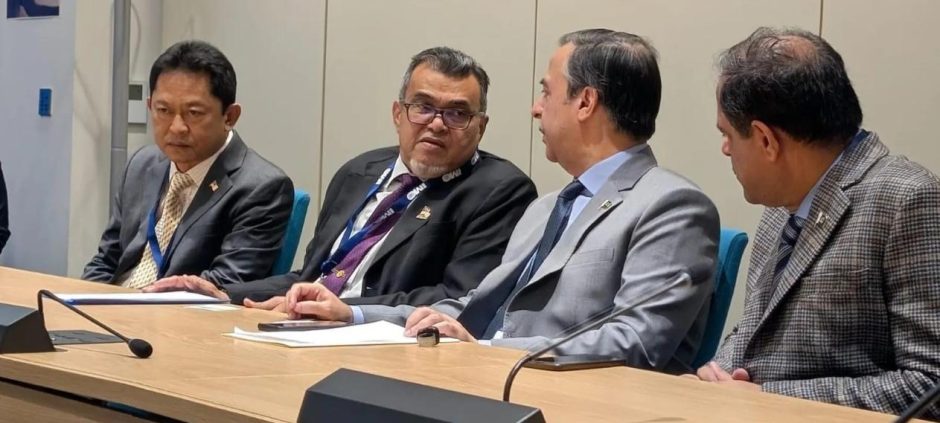Pakistan is working with Malaysia to strengthen maritime cooperation and improve port-sector collaboration. The initiative was discussed during a high-level meeting in the United Kingdom. Pakistan’s Federal Minister for Maritime Affairs, Muhammad Junaid Anwar Chaudhry, and Malaysia’s Deputy Minister of Transport, Datuk Hasbi bin Habibollah, explored ways to enhance bilateral ties in the maritime sector.
During the talks, Pakistan proposed establishing direct feeder shipping lines between Pakistan and Malaysia, with connections to Indonesia. The move aims to cut transport durations and reduce freight costs for exporters and importers. Chaudhry noted that this initiative could boost Pakistan’s rice exports to Southeast Asia and streamline edible oil imports from Malaysia and Indonesia.
The proposal is part of Pakistan’s broader strategy to improve maritime connectivity with ASEAN economies. Increasing trade efficiency and reducing freight costs are central goals, as demand for Pakistani agricultural products continues to rise across the region.
In addition, Pakistan and Malaysia discussed signing a Memorandum of Understanding (MoU) to enhance seafarer training and facilitate cadet exchanges. Pakistani marine cadets would train in Malaysian academies, while Malaysian cadets would receive specialized training in Pakistan. Chaudhry said this program would support professional development and strengthen long-term maritime cooperation.
Pakistan also offered Malaysia access to its digital port infrastructure, including the Pakistan Single Window platform at Karachi Port and Port Qasim. This system helps reduce cargo-clearance times, improve transparency, and lower overall freight costs.
In other related news also read Malaysia Hosts 3C Forum to Strengthen Malaysia-Pakistan Ties Through MTCP Alumni
Both countries agreed to hold further technical consultations to finalize the MoU, define training modules, and implement the cadet-exchange program. This initiative highlights Pakistan’s commitment to boosting regional trade efficiency and fostering closer maritime ties with Southeast Asian partners.











